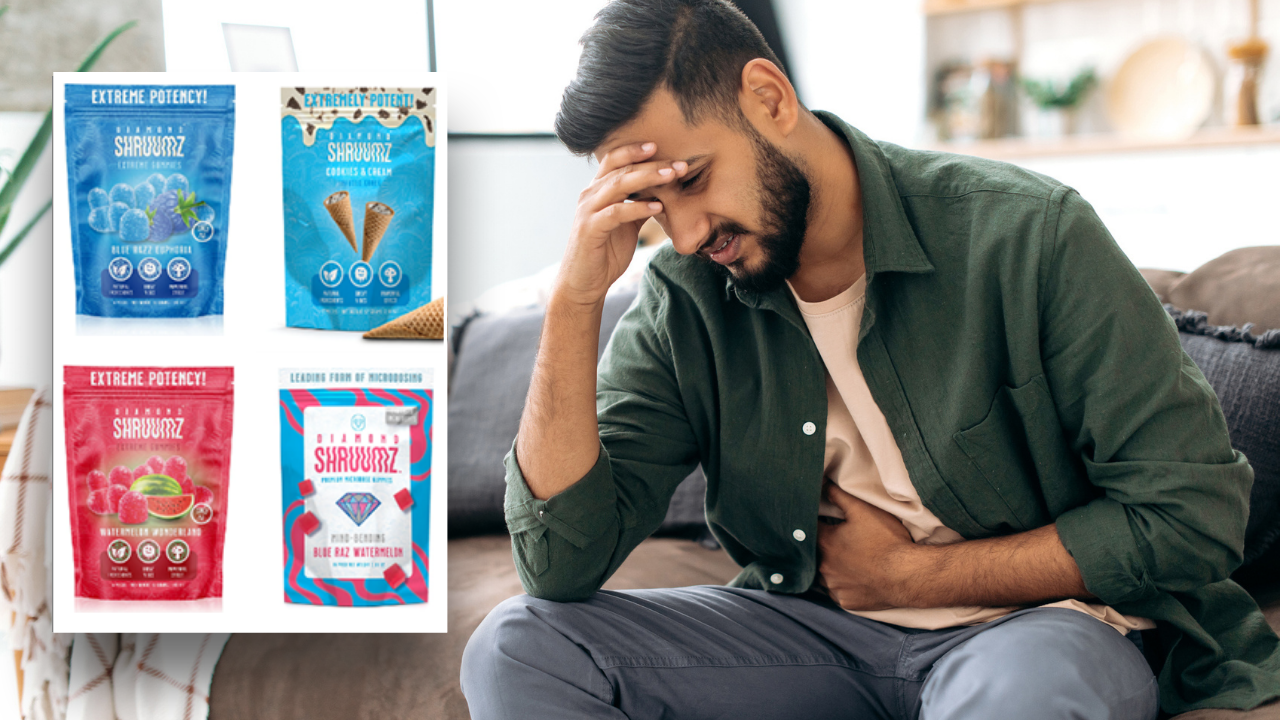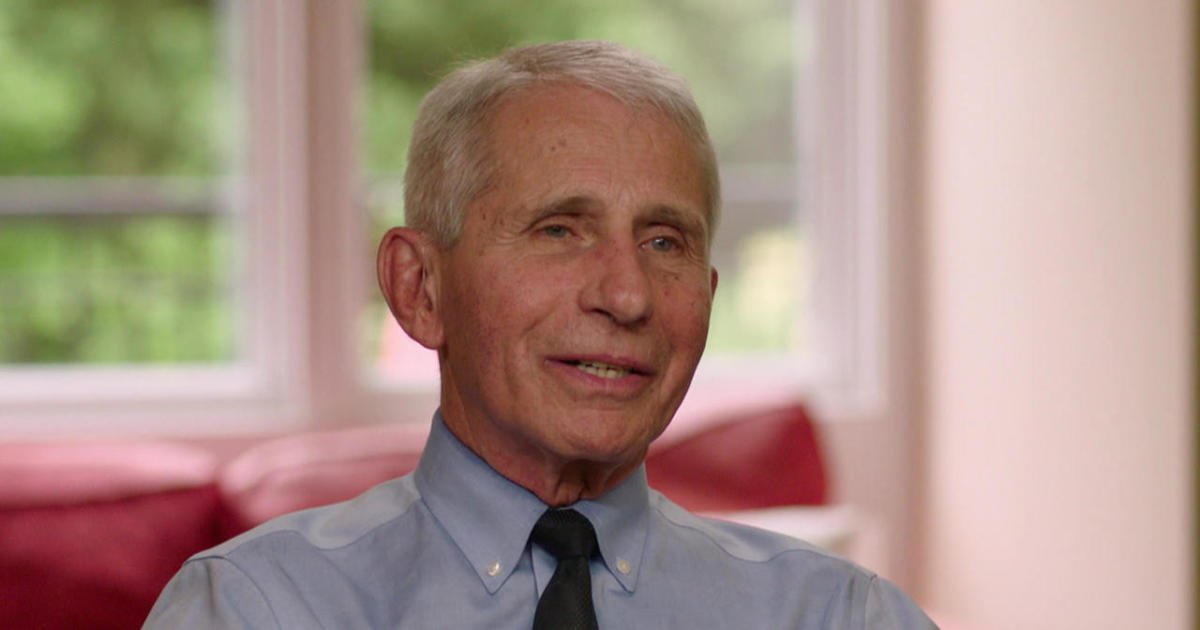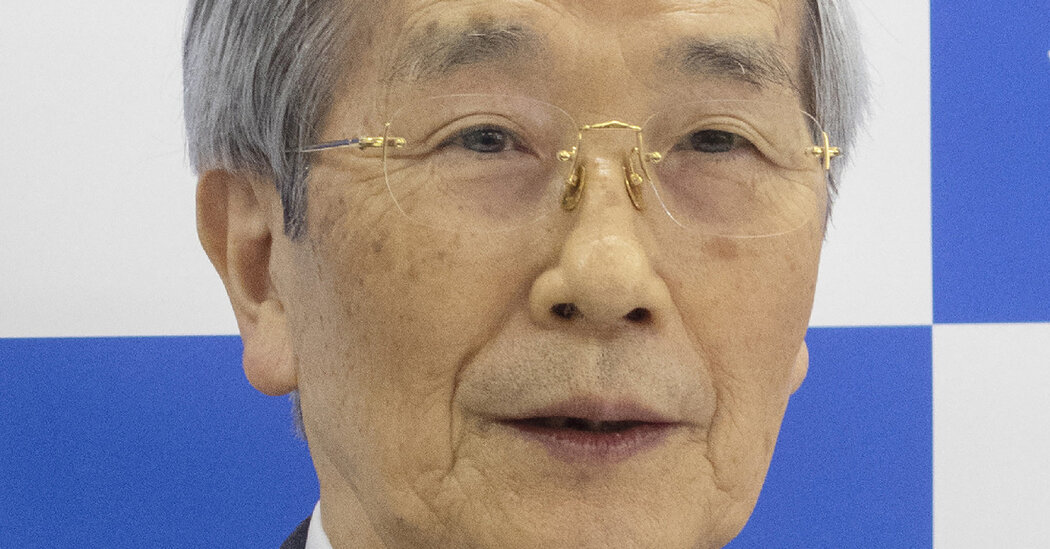The argument at the core of the recent anti-defamation legislation in Punjab, and the continued ban on X goes something like this: speech that is viewed as defamatory by some is dangerous to the society, its members and its function, and hence should be regulated, and when necessary, prosecuted. The underlying principle here is that things that cause harm in society should not be allowed to proliferate. It is a seemingly reasonable position. Let us evaluate this argument from three distinct lenses of how this principle plays out in society.
First, in the domain of health and healthcare, there is no debate that substandard, counterfeit or altogether fake drugs cause serious harm to individuals, families, and communities. There is also ample evidence that these drugs are widely available all over the country and it is not particularly difficult to find them at hospitals and drugstores. Every pharmacist I interviewed when I was working on this problem a few years ago could tell me which brands were not to be trusted, and which drugs were of dubious quality. There is no serious interest on the part of the government — federal or provincial — to take action against the presence of proliferation of such drugs. Similarly, tens of thousands of studies have shown that unrestricted sale of antibiotics without prescription harms communities, yet as I have written in the past, it is easier than ever before to get antibiotics delivered at home (and in bulk) thanks to various delivery apps available in the country. Here, we should note that this is not normal. No country that is serious about protecting the health and safety of its public allows this to happen.
The second example is the quality of food products. The link of food safety with the well-being of society is both obvious and permanent. Yet, in any town or city, large or small, we have vendors and sellers that sell food that would not meet the most basic standards of hygiene and safety. They operate in open markets and have done so for as long as I have been alive (and well before that). Once again, beyond a cosmetic crackdown on them by the government on a slow news day, there is no real interest in protecting the public.
Last but not least, we have a serious gun problem in the country. It is not hard to find affluent members of society, or the so-called VIPs, surrounded by private guards who openly display seriously deadly weapons despite strict laws against such behaviour. These private guards would casually display these weapons in the street, in and near the residential neighborhoods, in traffic and even in restaurants. They are often seen around the very lawmakers (and their families) who are enthusiastically supporting regulating speech. Any argument to protect public safety and public order by the government is hypocritical as long as it remains uninterested and unwilling to regulate the availability, display and use of deadly weapons.
The examples above are just a small subset of instances that demonstrate that there is no serious interest in public safety. Similar arguments could be made about housing societies and the construction materials, access to clean water and sewage in our towns, and schools that are both dysfunctional and foster exclusion and discrimination — all issues that impact public safety, welfare and social cohesion. Governments at the Centre or in the provinces have no real interest in addressing issues for which there is no debate and no controversy. Instead, in the guise of public safety it has chosen to focus on something that is the foundation of a healthy society, self-reflection and necessary debate. The real interest here is not welfare, but control. Instead of controlling speech, what the government actually needs to control is its own urge to control.
Published in The Express Tribune, June 4th, 2024.
Like Opinion & Editorial on Facebook, follow @ETOpEd on Twitter to receive all updates on all our daily pieces.





